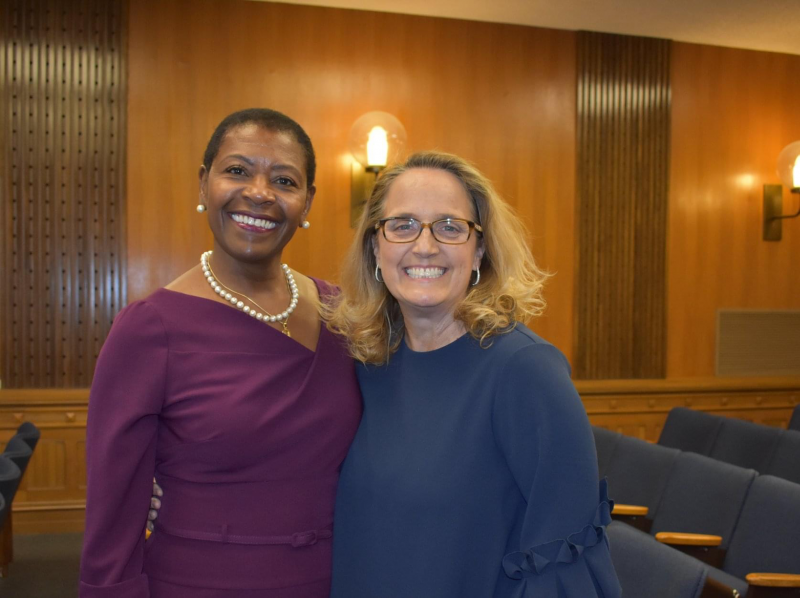Dubbed the Prosecutors Alliance of California, the group and its advocacy arm plan to campaign for and against state legislation, ballot initiatives and candidate races, with an eye on “modern and sustainable approaches to achieving safety and community health.”
Cristine Soto DeBerry, executive director of the initiative, says the group will be actively involved in lobbying and educating state lawmakers in Sacramento as well as pushing back against ballot measures its members consider harmful, such as Proposition 20 on the ballot this November, which would roll back a number of recent statewide criminal justice reforms, making it harder for some state inmates to get parole and easier for others to be sent to prison or jail. The group will also serve as a resource for prosecutors who want to implement new policies and receive training on how to do so.
In this moment of widespread protests against systemic racism and distrust in the criminal justice system, members of the group say it’s crucial for diverse voices within the law enforcement community to be heard in an effort to help restore confidence in the system.
But Vern Pierson, head of he California District Attorney’s Association, says his group represents a wide diversity of viewpoints and welcomes the new effort.
“CDAA represent 57 DAs, and 4,000 non-elected prosecutors in California. … you can imagine in San Francisco versus Riverside there are very different perspectives on criminal justice issues,” said Pierson, the DA for El Dorado County. “I don’t have a problem with the new organization — it represents a small segment of that.”
Pierson notes that Boudin, San Francisco’s liberal district attorney, is also a member of CDAA, and says there will likely be issues the two groups can partner on.
As for Salazar, she freely admits she never expected to be part of an alliance with some of the most liberal DAs in the state. Boudin is a former public defender, while Gascón angered many of his law enforcement colleagues by helping write and push Proposition 47, one of the most sweeping statewide criminal justice reforms in years.

